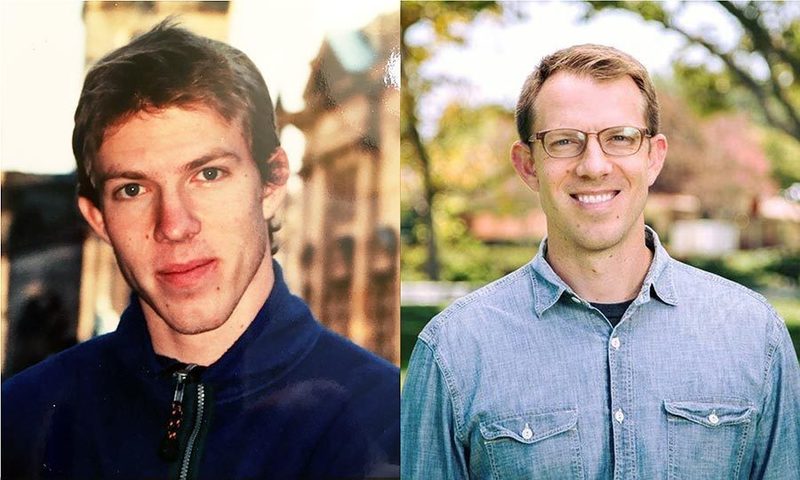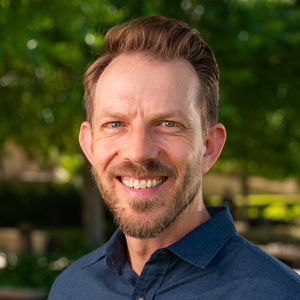My search for a career path during college was a morass of confusion. I began as a pre-med major, but dropped out my sophomore year after fainting on two separate occasions in the hospital while shadowing a physician (my father).
I switched to English, but that only lasted one semester on account of William Shakespeare. Next was pre-law, which I loved, but a full day shadowing my professor in her Oklahoma City prosecuting attorney’s office convinced me I wasn’t mean enough to be a good lawyer.
I was at the end of my junior year by this point... and clueless. I’d enjoyed my philosophy classes the most, plus it was a small major that I could still complete before graduation, so I became a philosophy major. My parents were not thrilled. Today I am a philosophy professor, and there is not another job I’d rather have.
All of that makes me doubt there is a clear strategy for finding the right career path in college, but here are a few recommendations, which I have formed through the years reflecting back on my college experience.
First, do what you can to sharpen your discernment skills. It’s a bit cliché now, but I think there is something to Frederick Buechner’s definition of vocation as the place where your own gifts meet the world’s needs. If something like that is true, then you need to be able to carefully discern what you’re good at and what the world needs.
The two best pieces of advice I have for improving such discernment skills are to be intensely moral and to seek out unlikely friendships. Leading a consistently moral life will protect you from lots of self-deception that clouds understanding who you are and what you can do.
And seeking out friendships with people who are deeply different from you—in terms of gender, sexual orientation, race, class, ethnicity, etc.—will put you in a much better position to understand the world you’re hoping to care for through your work.
Second, you should seek out good advice about what different jobs are like. Although I’m happy to be a philosophy professor, I think I would have, in fact, made a good doctor or lawyer. I dropped both pursuits on the basis of what I now consider faulty judgments. I’ve since learned that many physicians struggle with queasiness in the early days of med school, and I’ve since learned there are other kinds of lawyers than prosecutors.
But, believe it or not, I never asked people about these things. I just assumed I wasn’t fit, and I packed up my backpack and moved to another department. So there’s something to be said for striving to understand in detail the field you are considering. To do this, you’ll have to be proactive.
My college experience taught me that professionals are often the least likely to tell you the ins and outs of the profession; it has become so commonplace to them they can’t remember the questions they had starting out. So you have to ask those questions, to the point that you may feel you are being a pest. Don’t worry about it.
A third and final piece of advice: Although it is important that we Christians find good work to do, don’t get sidetracked by the mistaken idea that there is one specific “will” God has for your work-life, which you have to somehow puzzle out. If God wants you to do something specific, God will tell you in no uncertain terms (as God told Moses and Paul, for instance). Otherwise, you don’t have a specific work “calling.” You are, as William Stringfellow observed, “called in the Word of God…to the vocation of being human, nothing more and nothing less…Within the scope of the calling to be merely but truly human, any work, including that of any profession, can be rendered a sacrament of that vocation” (A Keeper of the Word, pp. 30–31).
As far as I can tell, none of our biblical exemplars had “careers.” In their various ways, they tried to serve God and neighbor faithfully in whatever work fell to them to do. Unless otherwise notified, that is your calling, too. So you are free to just try to find work you will like and be good at, and give it a shot. If it doesn’t pan out, your education at Biola should have suited you well for getting another job.
 Biola University
Biola University


.jpg)
.jpg)